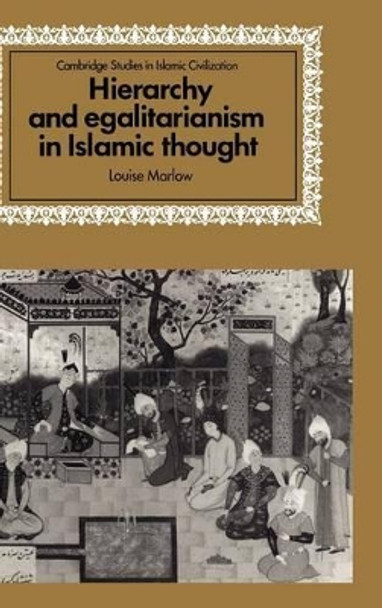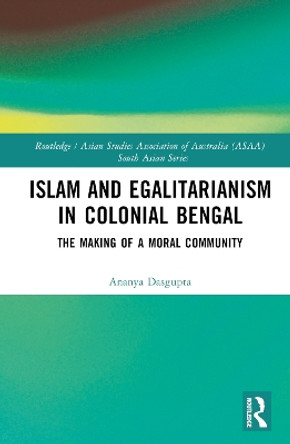By examining a wide range of Arabic and Persian literature from the eighth to the thirteenth century, Louise Marlow shows the tension that existed between the traditional egalitarian ideal of early Islam, and the hierarchical impulses of the classical period. The literature demonstrates that while Islam's initial orientation was markedly egalitarian, the social aspect of this egalitarianism was soon undermined in the aftermath of Islam's political success, and as hierarchical social ideas from older cultures in the Middle East were incorporated into the new polity. Although the memory of its early promise never entirely receded, social egalitarianism quickly came to be associated with political subversion. This 1997 book will be of use to a wide readership of Islamic historians and of scholars assessing the impact of the modern Islamic revival.
A wide-ranging 1997 study of Arabic and Persian literature, contrasting the egalitarian ideal of early Islam with the hierarchical impulses of the classical period.Reviews'The range of texts and secondary literature used is very impressive.' G. R. Hawting, Journal of the Royal Asiatic Society
Book InformationISBN 9780521564304
Author Louise MarlowFormat Hardback
Page Count 216
Imprint Cambridge University PressPublisher Cambridge University Press
Weight(grams) 490g
Dimensions(mm) 229mm * 152mm * 16mm







